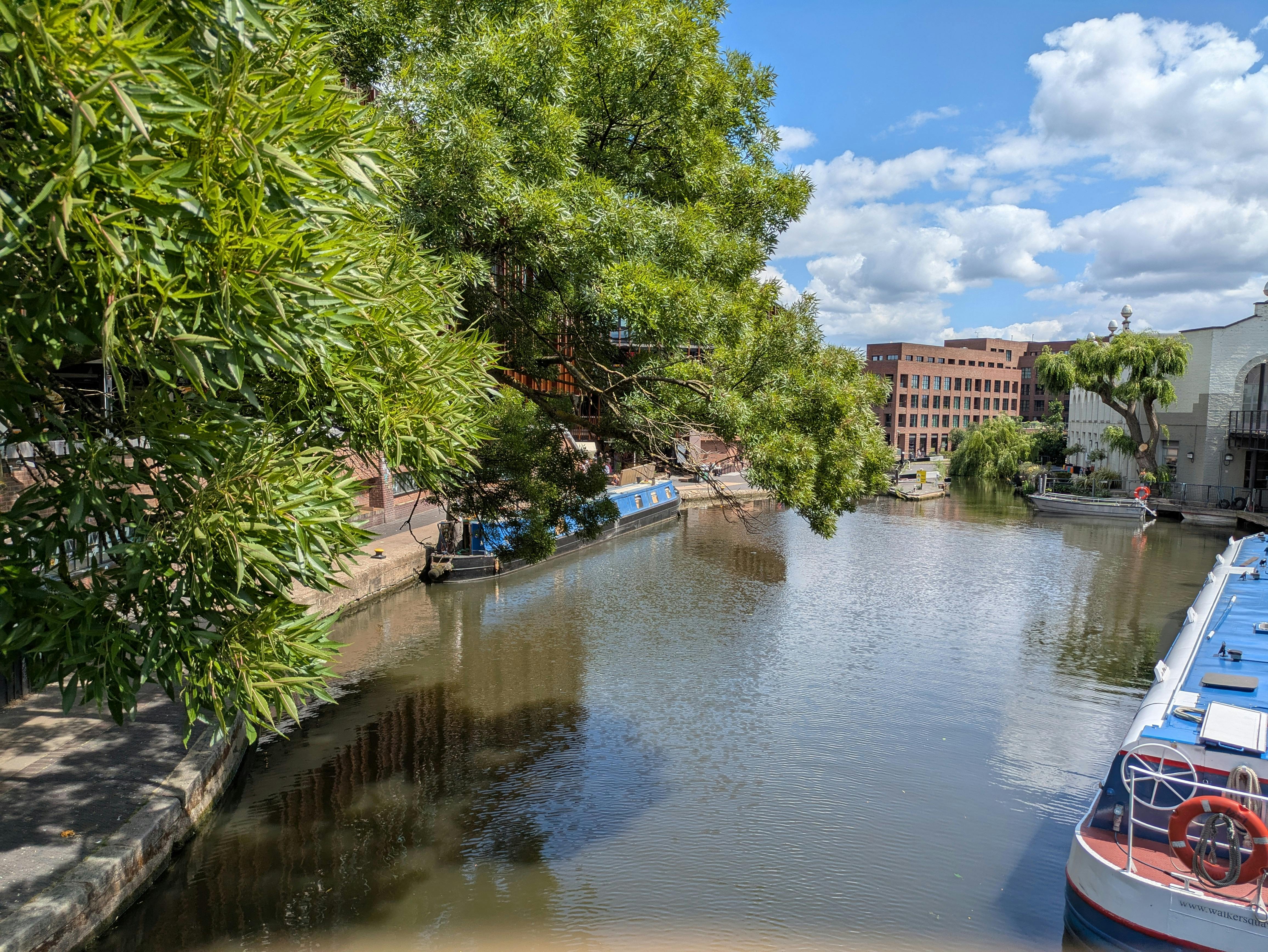Reinventing Canal Travel: A Deep Dive into the Charming Waterways of the World
There's something utterly enchanting about the world's waterways. Their serene beauty, combined with their historical significance, makes them a fascinating area of exploration for travelers. This article will explore the unique charm of canal travel, highlighting its rich history, current trends, and the impact on travelers.

A Historical Perspective on Canal Travel
Canal travel has a storied history that dates back to ancient civilizations. The earliest canals were built for irrigation and transport in regions like Mesopotamia and Egypt. Over time, these waterways evolved into crucial transportation arteries, fostering trade and cultural exchange. From the grandeur of Venice’s gondola-filled canals to the picturesque waterways of Amsterdam, canal travel has played a vital role in shaping the world’s most iconic destinations.
The Current Wave of Canal Travel
In the contemporary travel landscape, canal travel is experiencing a resurgence. The romance and tranquility of floating along scenic waterways appeal to those seeking a slower pace of travel. Canal cruises and barge holidays are gaining popularity, offering travelers a unique perspective on local landscapes and cultures. Whether it’s a leisurely journey along France’s Canal du Midi or an exploration of the narrow canals in Suzhou, China, referred to as the “Venice of the East,” canal travel offers a unique and captivating experience.
The Advantages and Challenges of Canal Travel
Canal travel provides numerous benefits. It allows travelers to explore destinations at a leisure pace, immersing themselves in the local culture. Canal travel also offers a different perspective on a destination, often revealing hidden gems not accessible by other modes of transport.
Despite its charm, canal travel also presents some challenges. It requires patience and flexibility, as waterway travel is often slower than modern transportation methods. Additionally, canal travel may not be suitable for those with specific accessibility needs due to the nature of the boat accommodations and the requirement to navigate locks.
The Impact of Canal Travel on Travelers
Canal travel can profoundly impact travelers. It fosters a deep connection with nature and local culture, promotes relaxation, and offers an escape from the fast-paced modern world. Travelers often report a heightened sense of awareness and appreciation for their surroundings, making canal travel a deeply enriching experience.
A Few Canal Travel Considerations
- Canal travel is seasonal. The best time to go depends on the destination, but generally, late spring to early fall offers the best weather.
- Research the waterway beforehand. Knowing the route, local attractions, and potential challenges can enhance the experience.
- Be patient. Remember, canal travel is about enjoying the journey, not rushing to the destination.
In conclusion, canal travel represents a fascinating blend of history, culture, and tranquility. It offers a unique travel experience that allows for a deeper connection with the destination. Despite its challenges, the charm and serenity of canal travel make it a worthwhile adventure for those seeking a slower, more intimate travel experience. As we continue to seek alternatives to the fast-paced, crowded travel experiences of the past, canal travel stands out as a timeless and enchanting option.






